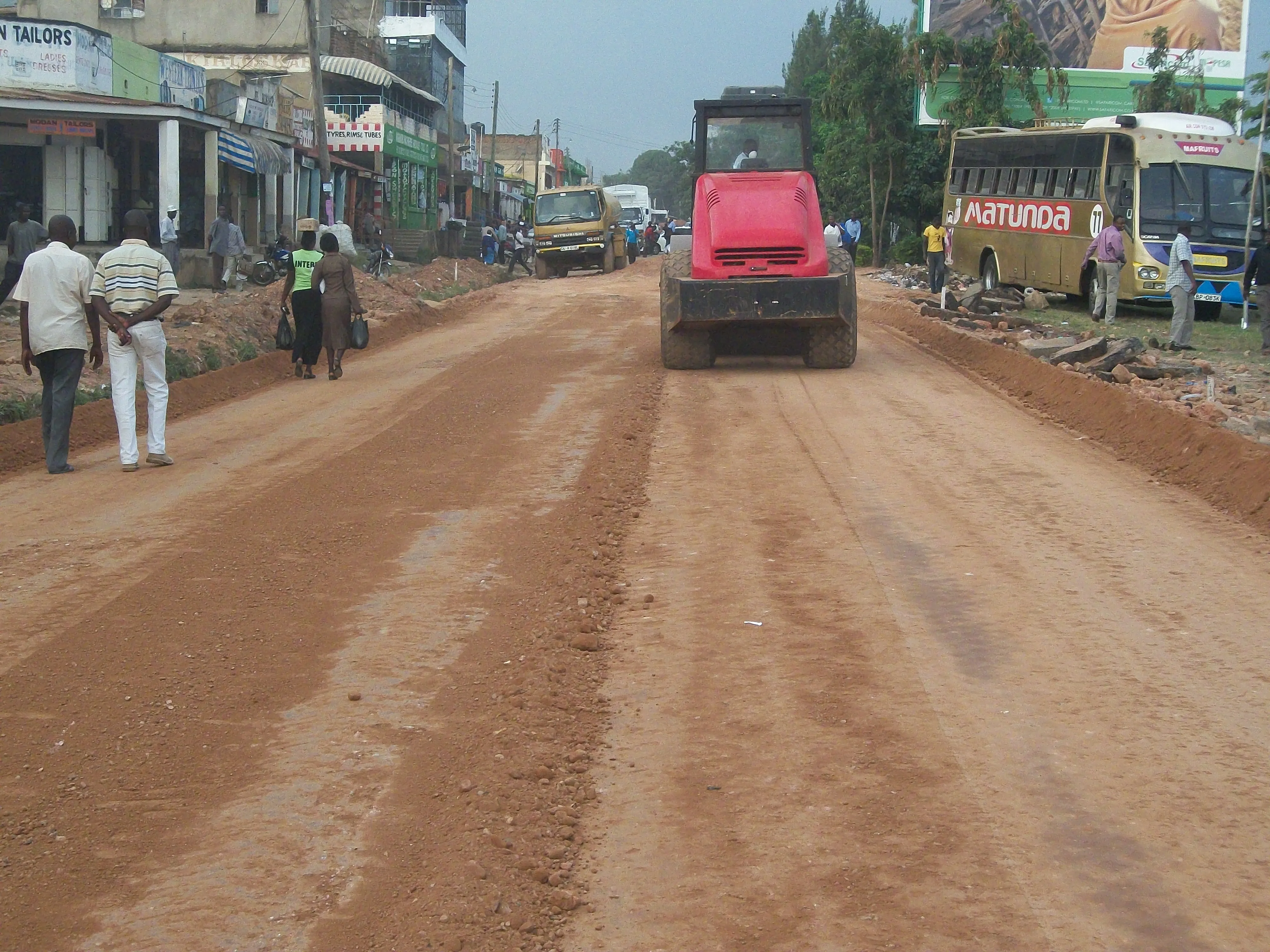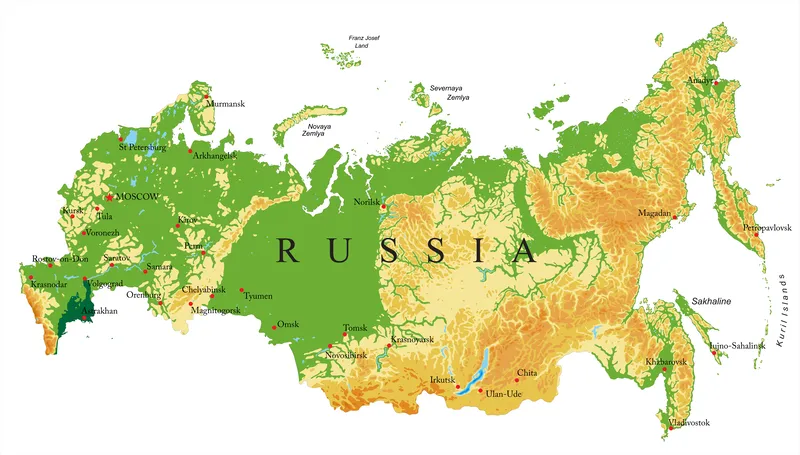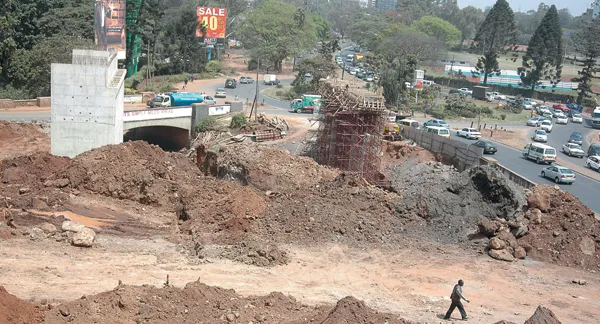Indonesia’s key Trans-Sumatra highway project will be complete in 2024.
By MJ Woof
July 21, 2020
Read time: 1 min

Construction work is expected to be complete on Indonesia’s Trans-Sumatra highway project in 2024. In all, the highway will extend some 2,878km. Work is still being carried out on a number of sections of the route, which will be tolled.
Financing has still to be secured for some stretches of the project. In all, the Trans-Sumatra toll road (JTST) is costing close to US$33 billion. The Indonesian Government is providing a portion of the funding required, with a considerably larger portion being secured through bank loans.
The Padang to Pekanbaru toll road, Bengkulu to Palembang toll road and Sibolga to Medana toll road will all connect to the JTST.








